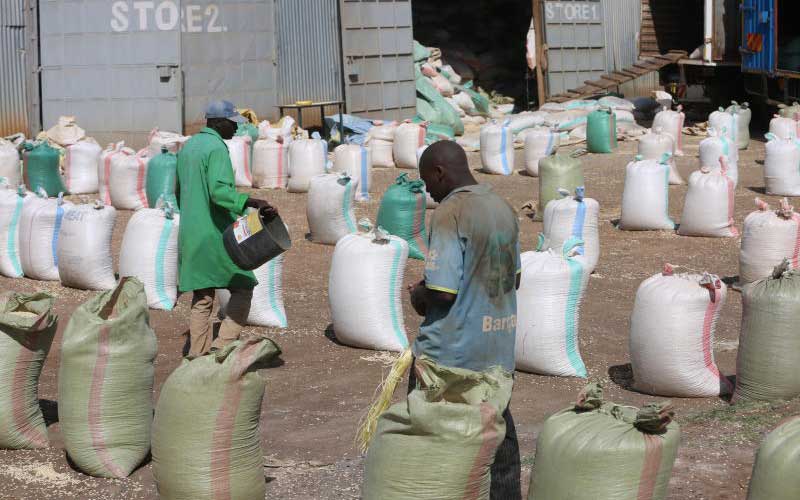
Farmers sort maize after drying them at Rock Centre area in Uasin Gishu County, April 15, 2020. [Peter Ochieng, Standard]
The overlap between Covid-19 and maize imports in Kenya is a precursor for a serious crisis. The experience so far from the Covid-19 challenge is that there is need to strengthen local systems. We need to build strong healthcare systems, strong food systems and strong social protection mechanisms. Strengthening our food system does not happen by relying on the importation of our staple food. As much as I commend the government’s efforts to contain the Covid-19 pandemic, it is time to take lessons from this crisis.